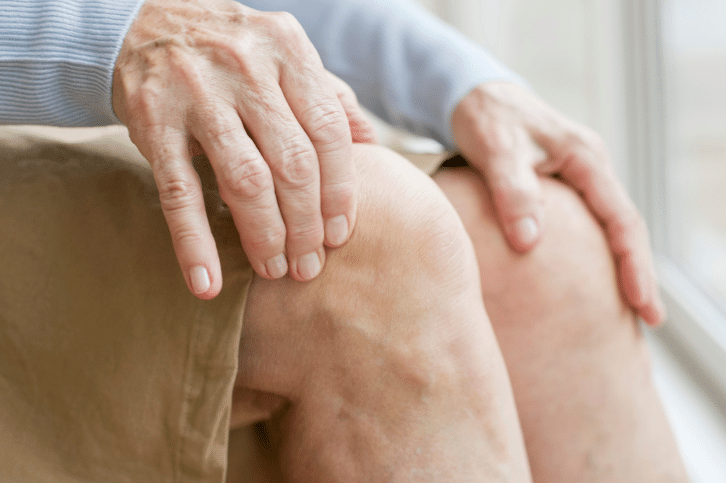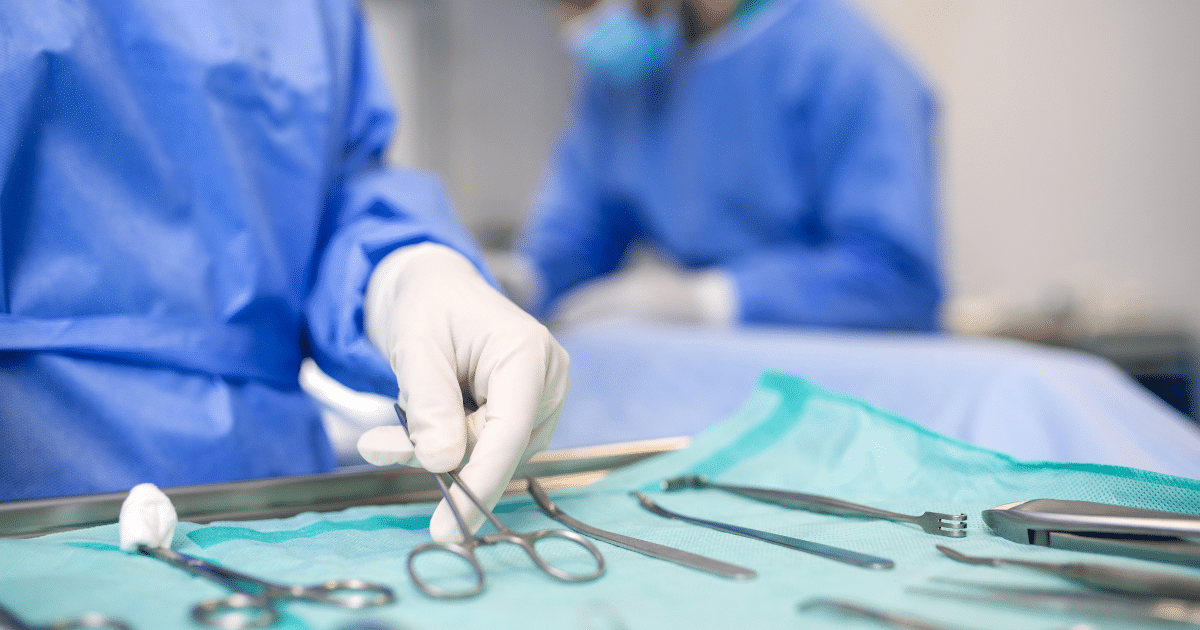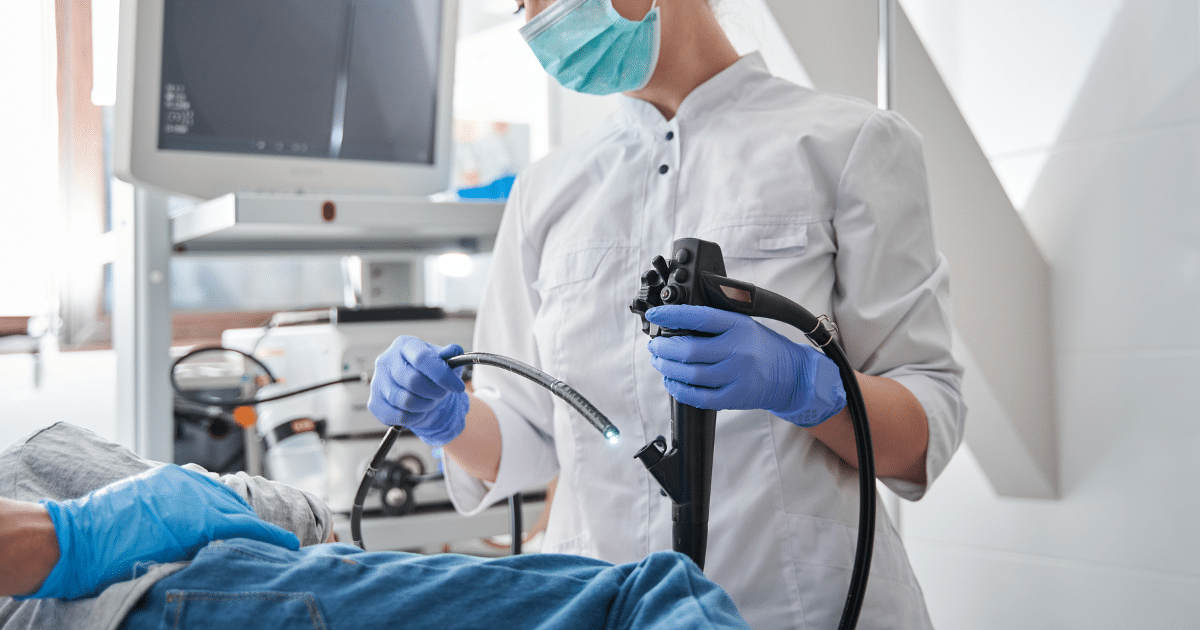Osteoporosis is a common health concern for residents in Connecticut, which is why it’s important to understand its management and prevention. Osteoporosis is a disease in which your bones become weak and brittle; this happens when your body develops too little bone or bone deteriorates, making your bones likely to fracture. Think of your bones like a honeycomb that contains small openings. When you have osteoporosis, the small openings become bigger, resulting in weaker and more fragile bones. This disease common with 54 million people in the U.S. living with it, however, it is more prevalent in women who are post-menopausal.
It is important to know that men can still develop it, though. Osteoporosis should be taken seriously as a number of negative outcomes can result from developing osteoporosis. Bones can break from simple movements such as a minor bend or cough. This condition also causes permanent pain and discomfort for those who develop it.
In the event that you or a loved one are diagnosed with osteoporosis, your first thought may be how to improve or even reverse the condition. Continue reading to discover the health and lifestyle tips you can implement to reduce osteoporosis symptoms.
Can Osteoporosis be Reversed?
The short answer is no, osteoporosis cannot be completely reversed and is not considered curable, but there are a number of health and lifestyle adjustments you can make to improve bone loss. Your provider may also prescribe you medications to help rebuild and slow down bone loss.
For women, drug therapy that includes estrogen treatments may be prescribed. The female estrogen hormone helps build new bone and manage bone density. This may be why after menopause, when estrogen levels decline, women are more prone to developing this condition. Estrogen hormone therapy can also mitigate other not-so-pleasant menopause symptoms, such as hot flashes.
How to Strengthen Your Bones
Bones are actually a living tissue that is constantly being broken down and replaced by new bone. At around age 30, we decrease the bone mass that is being replaced. As people age, more bone may become broken down than is being replaced, which can develop into osteoporosis.
The beginning stages of osteoporosis are usually painless and do not cause any symptoms. It is common to not know you are living with this condition until a bone fracture occurs. This is especially dangerous because osteoporosis can worsen if not properly treated, making it critical to be proactive in your bone health.
Consistently eating certain nutrients can improve bone health, including:
- Calcium: For both older men and post-menopausal women, it is recommended to take 1,200 mg of calcium daily.
- Vitamin D: This vitamin actually helps your body absorb calcium as well as strengthen bones. If you are younger than 70, it is recommended to take 600 IU of Vitamin D; If you are older than 70, increase this intake to 800 IU.
- Protein: For every pound of body weight, it is recommended to consume 0.4 grams of healthy proteins daily.
- Magnesium: You should consume 300 mg – 500 mg of magnesium daily.
- Vitamin K: It is recommended that men take at least 120 mcg and women take 90 mcg of Vitamin K daily.
- Zinc: Take 15 mg – 30 mg of zinc combined with 1.5 mg – 3 mg of copper for proper absorption.
In addition to eating the right nutrition, there are other ways to promote bone health throughout your life.
- Consistently exercising: Specifically, weight-bearing exercises like walking, hiking, climbing stairs and running can help strengthen muscles and build stronger bones. Balance and flexibility exercises, such as yoga and Tai Chi help with coordination and stability, reducing the risk of falls and fractures. These classes are widely available throughout Connecticut.
- Avoid smoking: Among many other negative health consequences, smoking tobacco can also decrease your bone density.
- Limit alcohol: Moderate drinking (consuming one drink a day for women and one to two drinks per day for men) can be a part of a healthy lifestyle, but drinking too much alcohol can result in bone loss.
- Limit caffeine: This stimulant can actually weaken your bones.
- Regular check-ups: It’s important to inform your doctor of any pain and discomfort during your routine check-up so in the event it is osteoporosis, it can be treated quickly.
Testing for Osteoporosis
If you are over the age of 50 and have recently broken a bone, it is recommended to undergo a bone density test from your healthcare provider. Other signs of osteoporosis include a loss in height and a drop in estrogen or testosterone levels. During a bone density test, x-rays are used to determine how many grams of calcium and other minerals are in each bone segment. Bones that are likely to break, such as bones in the forearm and lower spine, are x-rayed during the test. The bone density test is quick and painless and will determine if a patient has osteoporosis so a treatment plan can be developed.
Support for Osteoporosis
The Hartford HealthCare Rehabilitation Network offers a specialized osteoporosis program focused on prevention, treatment, and rehabilitation for patients across Connecticut. With numerous locations, this program is ideal for individuals with low bone mass or bone tissue loss, increasing their fracture risk. This comprehensive approach supports those needing targeted care to improve bone health and reduce the likelihood of osteoporosis-related complications.
Looking For a Primary Care Doctor in Connecticut?
PACT Primary Care is Accepting New Patients! At PACT, our doctors and specialists are dedicated to delivering high-quality patient-centered care. If you or a loved one are searching for a primary care provider, click here to search PACT’s list of Connecticut based, board-certified doctors near you.
Locations throughout Connecticut in Guilford, Hamden, Madison, Milford, New Haven, Orange, West Haven and Wallingford.
To schedule an appointment, request an appointment online here or call a local center near you.







